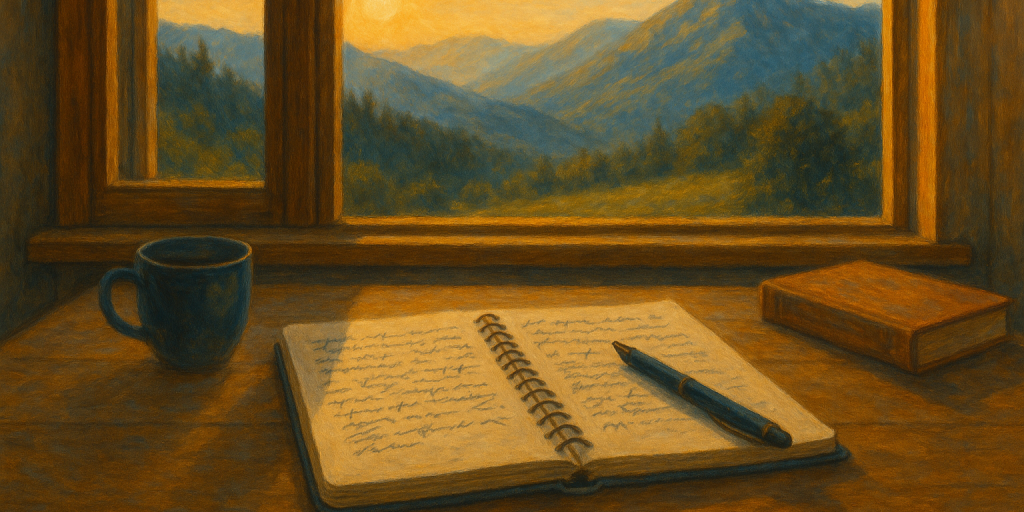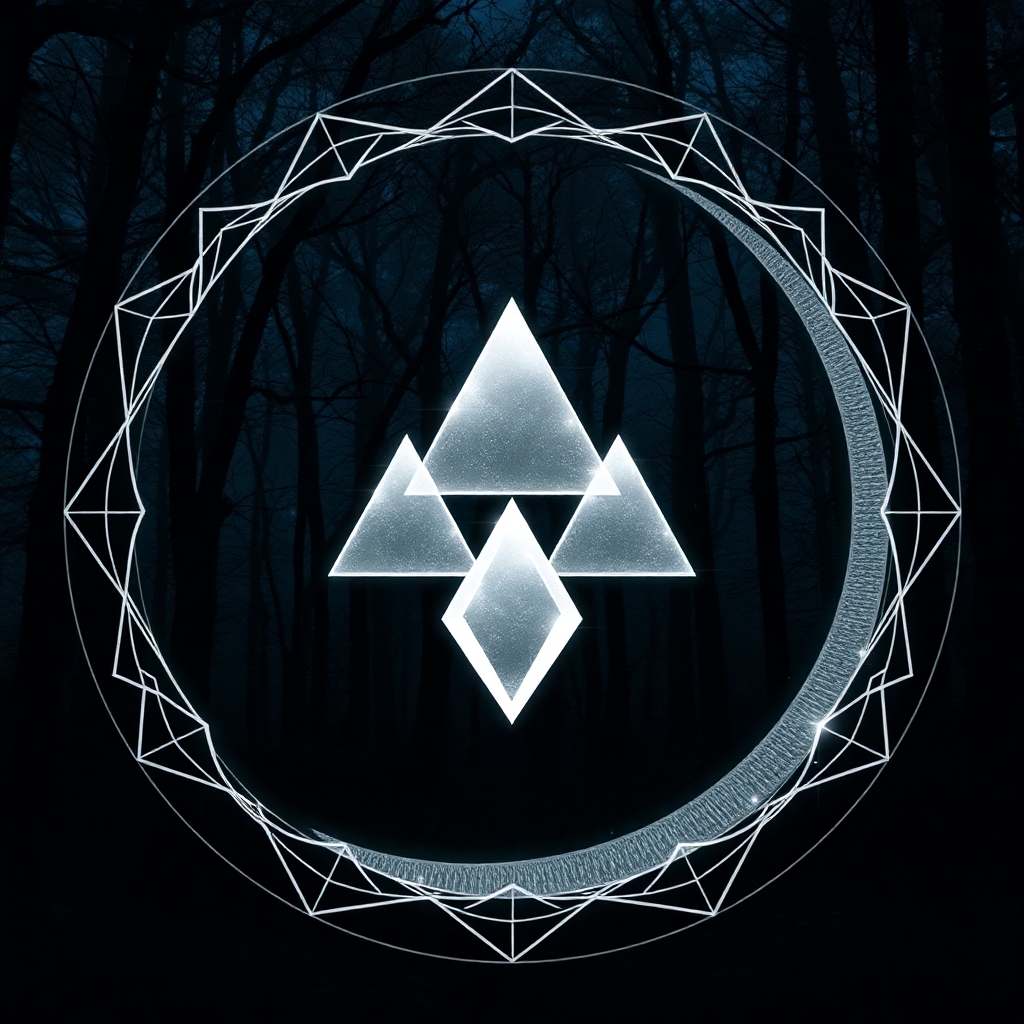How writing, imperfection, and ancestral memory remind us of our power to connect and transform
“The truth about stories is that that’s all we are.”
— Thomas King, The Truth About Stories: A Native Narrative

I have been writing for a very long time. It has not always been good writing; a lot of it is messy, unrefined, raw. There are notebooks filled with half-finished thoughts, Word documents abandoned mid-sentence, and stories that never quite found their shape. For years, I was extremely critical of my own work—every sentence felt like it wasn’t quite enough, every idea felt like it needed more clarity, more polish, more something.
But one thing I’ve realized is this: the power in my stories might hold some relativity for someone else in the world. Even the rough drafts. Even the words I thought no one would care about. Stories don’t have to be perfect to be meaningful. They just have to be honest.
Stories are powerful—they’re inherently our right to share with one another. We’re wired for storytelling. Long before we had books or blogs or social media, we were sitting around fires, under open skies, wrapped in furs and darkness, lit only by flickering flame and the voices of those in community with each other. Our ancestors told stories to remember, to teach, to warn, to laugh, to mourn. Their voices carried lessons through generations. Stories were survival. Stories were resistance. They were how wisdom traveled, how trauma was metabolized, and how identity was preserved.
That same instinct still pulses in us. Today, the fire is digital—blogs, podcasts, tweets, TikToks, books—but the heartbeat is the same. We gather, we listen, we share. We build understanding through narrative. Storytelling isn’t just art; it’s a tool for connection and for change. It informs activism by putting human faces to issues that might otherwise feel distant or abstract. It transforms statistics into lived experience. It makes you feel rather than just know.
A well-told story can move people to action in ways that facts alone cannot. It can make injustice visible. It can elevate voices that have been systematically silenced. It can shift culture. Once you feel someone’s pain, joy, struggle, or truth, you can’t un-feel it. And once you see the world through another’s eyes, you can’t go back to seeing it the same way again.
That’s why perfection is such a dangerous myth in art and writing. The pursuit of it can paralyze us. We hold back our truths, waiting for the perfect phrasing, the perfect structure, the perfect moment. But perfection is not only impossible—it’s counterintuitive to the deeply subjective nature of storytelling. Art is supposed to be human. And humans are messy.
The cracks are where the light gets in—but maybe they’re also where the light gets out. Maybe those imperfections, those flaws and raw edges, are the places where something deeper and more essential breaks through. Something unnamable. Some kind of divine spark.
Each of us carries that spark—something quiet but undeniable, something that feels like truth before we even have the words for it. When we tell stories honestly, that spark becomes visible. It reaches out. It signals to something in someone else, like a flare or a whisper: I see you. I’ve felt this, too. In that moment, something inside us recognizes something inside them. It’s not just empathy. It’s kinship. It’s spirit speaking to spirit.
Storytelling, at its best, is not about performance or presentation—it’s about revelation. It’s about letting what’s most alive in us step into the light, even if just for a moment. And when that happens, it reminds us that we’re not alone. That we’re not separate. That there’s something shared between us—ancient, enduring, and beautifully human.
And maybe that’s the whole point.
We live in a world that constantly tries to commercialize, curate, and gatekeep expression. But storytelling—real, raw, human storytelling—is a birthright. It belongs to all of us. It’s how we mark our place in time. It’s how we say I was here. I mattered. This happened.
To tell your story is to reclaim your voice. To honor your perspective. To remind yourself—and the world—that your experience carries weight, even if it’s not polished, even if it’s not perfect. Especially then.
So I keep writing. Even when it’s hard. Even when the words come slow. Because somewhere out there, someone might be waiting for a story that sounds a little like mine. And maybe, in hearing it, they’ll remember the sound of their own.

Leave a Reply